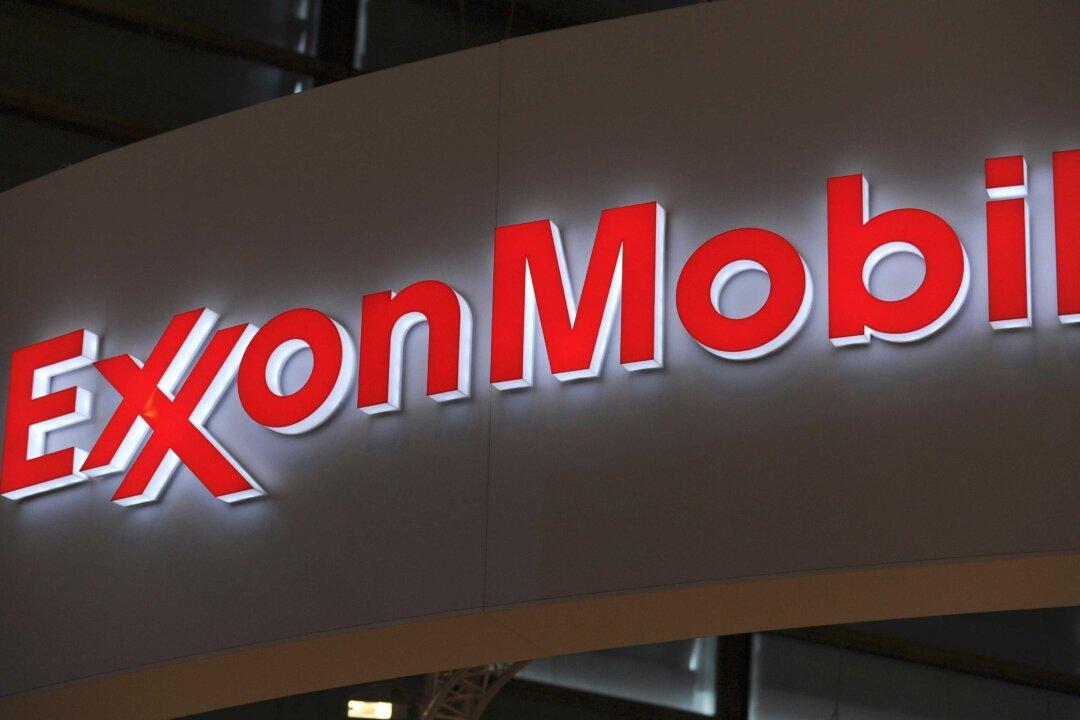Commentary
A noteworthy milestone in U.S. corporate history happened on Aug. 31: ExxonMobil Corp. was dropped from the Dow Jones Industrial Average (“the Dow”), comprising 30 of the largest, most economically important American corporations.


A noteworthy milestone in U.S. corporate history happened on Aug. 31: ExxonMobil Corp. was dropped from the Dow Jones Industrial Average (“the Dow”), comprising 30 of the largest, most economically important American corporations.